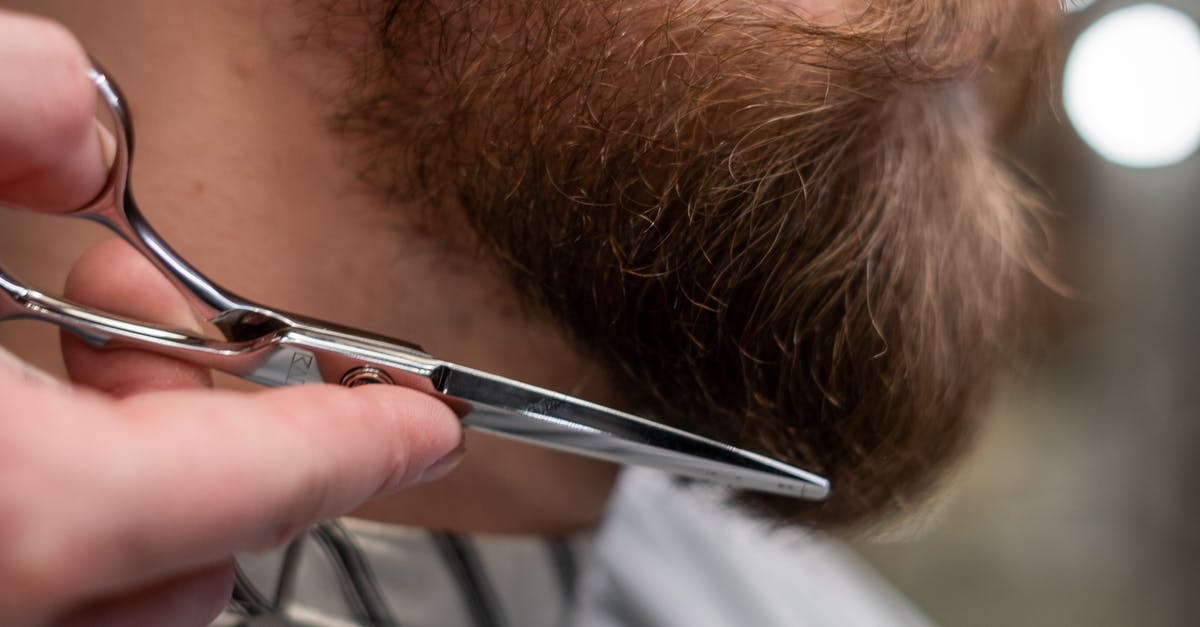How To Treat Seborrheic Dermatitis?
Seborrheic dermatitis is a common skin condition that can cause dandruff, itchiness, and redness. There is no cure for seborrheic dermatitis, but there are treatments that can help to control the symptoms.
There are a number of over-the-counter treatments that can be effective in controlling seborrheic dermatitis. These include anti-dandruff shampoos, tar shampoos, and medicated creams or ointments. It is important to read the labels carefully and follow the directions on how to use these products.
If over-the-counter treatments are not helping to control your seborrheic dermatitis, you may need to see a doctor or dermatologist. They can prescribe stronger medications, such as topical steroids, that can provide relief from the symptoms. In severe cases, oral steroids may be necessary.
There are also some home remedies that may help to control seborrheic dermatitis. These include using coconut oil, tea tree oil, and aloe vera gel. Be sure to do a patch test on a small area of skin before using any of these products, as they can cause irritation in some people.
Seborrheic dermatitis is a common skin condition that can be frustrating to deal with. However, there are treatments available that can help to control the symptoms. If over-the-counter products aren't working, be sure to see a doctor or dermatologist for stronger medications. There are also some home remedies that may provide relief from the itchiness and redness.
There are several things that you can do to help manage seborrheic dermatitis. These include:
- Shampooing regularly with a mild shampoo that contains anti-dandruff ingredients such as selenium sulfide or zinc pyrithione.
- Using a medicated cream or ointment that contains corticosteroids or antifungal agents.
- Avoiding harsh hair products, such as those that contain alcohol or other astringents.
- avoiding trigger factors such as stress, fatigue, cold weather, or excess sweating.
If you have seborrheic dermatitis, it is important to keep your skin and scalp clean and hydrated. Be sure to shampoo regularly and use a moisturizing conditioner. You may also want to try using a medicated cream or ointment to help control the symptoms. If your symptoms are severe, you may need to see a doctor for prescription medication.
Topical antifungal medications are often effective in treating seborrheic dermatitis. These medicines decrease the amount of yeast on the skin, which can help to reduce symptoms. In some cases, your doctor may also prescribe a topical steroid to help reduce inflammation.
In addition to medication, you can also take care of your skin by using gentle cleansers and moisturizers. Be sure to avoid products that contain harsh chemicals, as these can further irritate your skin. Instead, opt for products that are designed for sensitive skin.
If you have seborrheic dermatitis, following these tips can help you find relief from your symptoms and improve the appearance of your skin.

